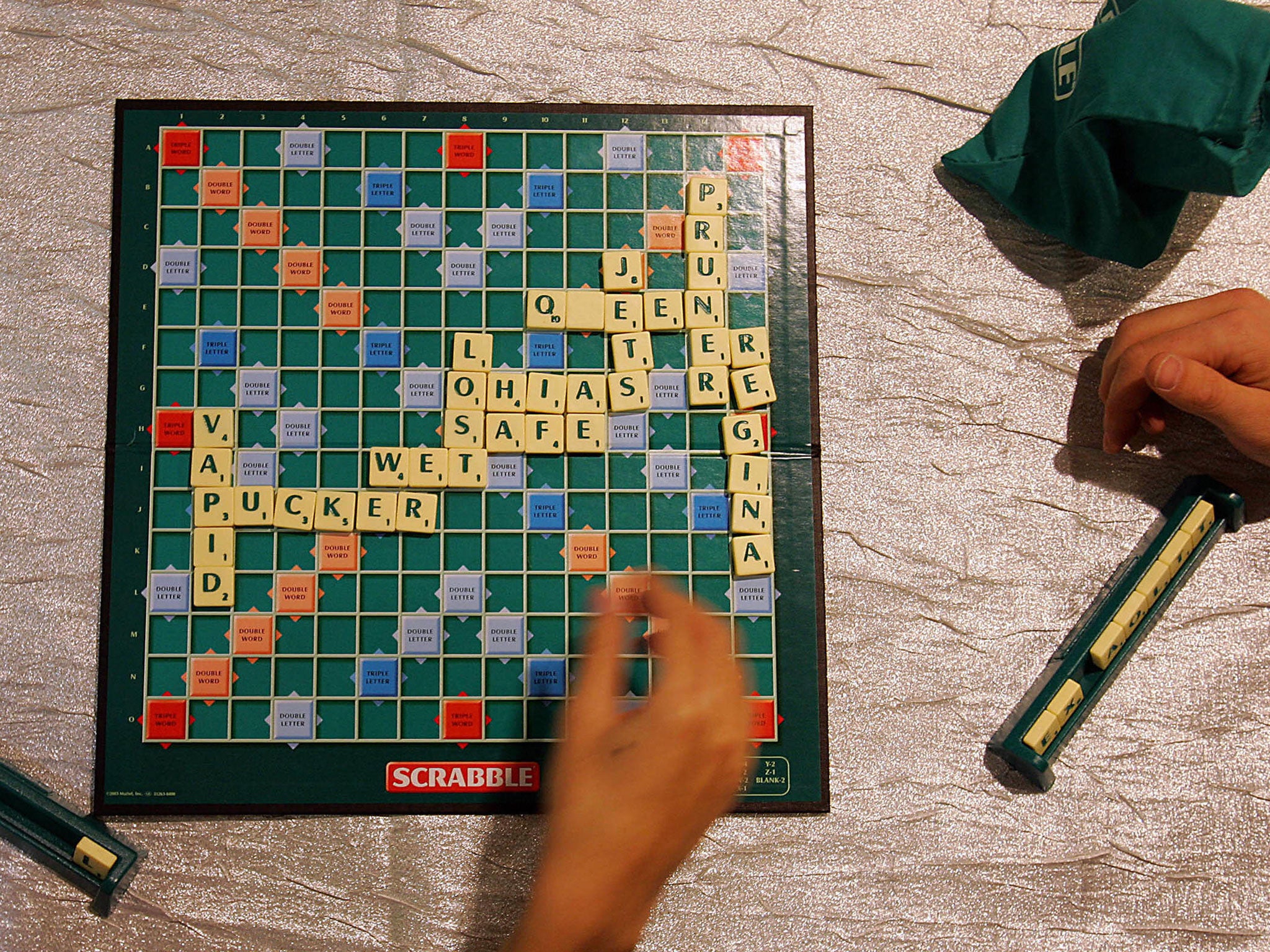As Kate Middleton knows to her cost, board games cause rows, for royals and ordinary goyim alike
My hosts told me how brilliant the novelist Zoe Heller was at the game. It was calculated to get my competitive juices flowing.


We now know that, in one respect at least, Prince William and Kate Middleton are just like any other couple. Playing board games brings it out in them. It is a third-hand "revelation" - Olympic boxer Anthony Ogogo says that the Duchess of Cambridge told him at a reception that a game of Scrabble in the newly established Windsor household usually ends up in an argument - but it will strike a chord with anyone who has played Scrabble or similar word games. It will also resonate with those who are, or have ever been, in a relationship.
I would love to know precisely what causes the disharmony - Ogogo reported that the game would end with one or other of the Royal couple slamming the game shut and storming off. Was it because of Kate's fondness for those two-letter words like "xi" or "ki" or "em" that are accepted by the Scrabble dictionary, but are so recherché that they would almost never be used in common parlance? Or was William insistent on using slang terms such as "thang", "blingy" and "grrl", which are all perfectly acceptable? (So, by the way, is "za" - short for pizza, and popularised on Friends - so it's easy to see how disputes could break out.) Maybe one of them raged about the unequal distribution of the best letters, or possibly it was about dastardly blocking tactics - if I can't use that triple word, then you're not either.
I don't play Scrabble very much these days, as I find it much too stressful, and, also, I reject the more liberal interpretations of what constitutes an acceptable word. But I recently discovered a game with even more potential for discord, disagreement and divorce. It's called Snatch, and it is essentially the bastard child of Scrabble and a card game called Racing Demon, which relies on hand-eye co-ordination and quick reactions.
In Snatch, as well as arguing about the words, there's the extra element of contesting who got there first. Anyway, needless to say, the only time I have played Snatch - on holiday recently - it ended in an almighty row, which was continued - largely by me, I have to say - for several days afterwards. I had already been put on my mettle by my hosts telling me how brilliant the novelist Zoe Heller was at the game when she came to visit them. I suppose it's because words are her business, one of the gathering said, calculated to get my competitive juices flowing.
Anyway, the bone of contention was that one of my friends claimed the word "goys", and everyone else agreed. that it was permissible. "You can't have that!" I exclaimed. "Nonsense," replied my friend, "it's an accepted slang term for non-Jewish people." "I know that," I said, "but it's Yiddish slang. Does that now mean that I can use "broigus" or "shiksa" or "shnorrer"?" They wouldn't back down.
I lost the game, needless to say, and went home in a huff. It was only a week later that I realised the incontestable truth of the matter. The plural of "goy" is "goyim". Of course! But by then, sadly, it was too late to kvetch.
Join our commenting forum
Join thought-provoking conversations, follow other Independent readers and see their replies
Comments
Bookmark popover
Removed from bookmarks